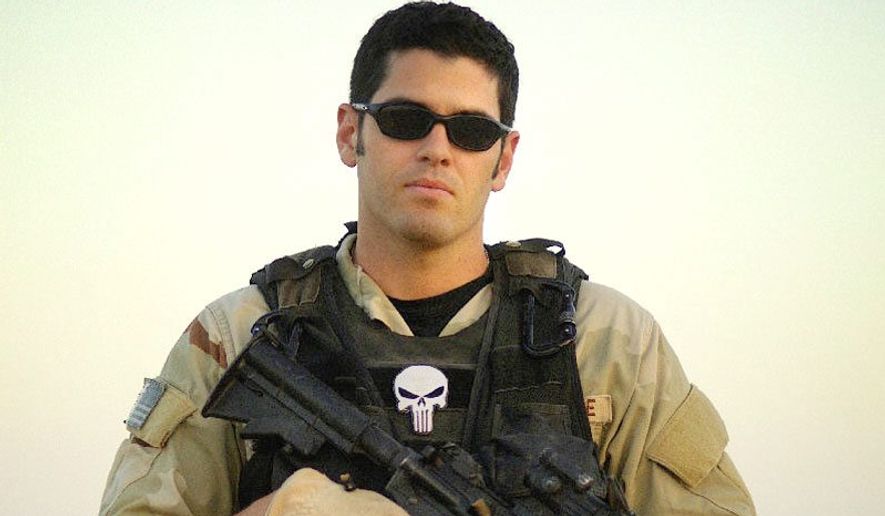An Air Force general has thrown out the lone felony conviction in the sexual harassment prosecution of an award-winning combat photographer who at one time faced 130 years in prison for making sexual advances on four women at Minot Air Force Base, North Dakota.
The Washington Times featured the prosecution of Staff Sgt. Aaron D. Allmon II in a lengthy Nov. 5. report on the U.S. armed forces under orders to wipe out sexual abuse from the ranks.
Even the Air Force legal officer assigned the case scolded prosecutors for piling up charges that “artificially exaggerated the criminality of the accused,” who he said was simply “socially maladroit and crass.”
In a non-jury court-martial, the military judge found Sgt. Allmon not guilty of all sexual abuse charges. The enlisted women were shown to have changed their versions of events in charges that involved three kisses and six touches, and some inappropriate comments of a sexual nature, over a 14-month span.
The judge did convict Sgt. Allmon, 39, on one felony charge: lying to investigators over the location of his cellphone. The sergeant turned over the cellphone within a short time, and there was no evidence that he ever texted the accusers, as one of them testified.
The lone felony was dismissed Monday by Air Force Maj. Gen. Richard M. Clark, based on a request for clemency. Gen. Clark is commander of the 8th Air Force at Barksdale Air Force Base, Louisiana, who oversaw the case as the convening authority.
Gen. Clark let stand one conviction: a misdemeanor charge of maltreatment of a subordinate. The charge involved Sgt. Allmon showing a woman a photo of his wife in a bikini.
Sgt. Allmon served a brief jail sentence and has been in San Antonio undergoing treatment for post-traumatic stress disorder. He went on multiple deployments to Afghanistan and Iraq and took award-winning photographs of both wars.
“Complete victory,” said Jeffery F. Addicott, a former Army judge advocate who runs the Center for Terrorism Law at St. Mary’s University School of Law in San Antonio.
Mr. Addicott aided in Sgt. Allmon’s defense pro bono. He traveled to Barksdale on March 7 to argue his appeal before Gen. Clark, who allotted him 30 minutes.
“We explained what that felony conviction would do in terms of voting, owning weapons,” Mr. Addicott said. “[The general] did the right thing. He dropped the most serious charge. That’s all we could ask for. This guy is a true leader. He is not a yes person. There are not many generals out there who have the courage of their convictions.”
Lisa Roper, a business executive who financed her brother’s legal defense, said, “Let me pick myself up off the floor first. Words cannot express how excited I am for this decision.
“He lied to protect his wife’s image and later turned over the phone which had the image,” Ms. Roper said. “The phone actually exonerated him of some of the allegations because it was the only forensic evidence available and provided that he was the one telling the truth.”
In closing arguments at the court-martial, Sgt. Allmon’s defense team argued that the Pentagon had gone too far in revving up a bureaucracy to go after offenses that could be handled with administrative punishment, as opposed to felony charges.
The Times featured the case under the headline “Aaron Allmon case makes Minot Air Force Base ground zero in the military’s new gender wars.”
“This is a glimpse into the new U.S. Armed Forces and its gender wars,” the report said. “It is a slice of military life stemming from the Pentagon’s order in 2013 to erase all sexual harassment and, to enforce it, staff the ranks with an advocacy bureaucracy to empower victims and make sure complaints are filed.”
• Rowan Scarborough can be reached at rscarborough@washingtontimes.com.




Please read our comment policy before commenting.